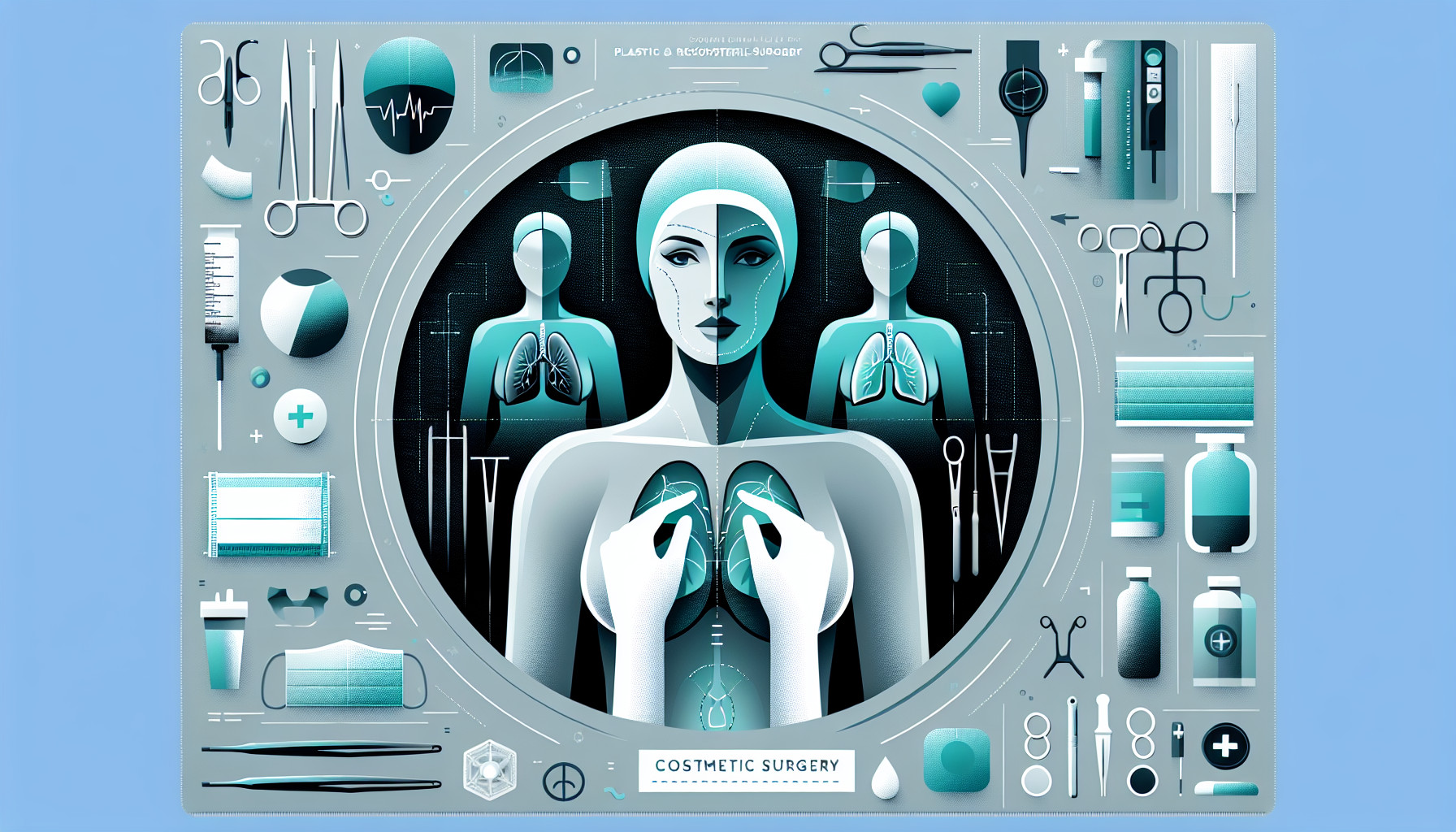Our Summary
This research paper evaluates the safety and practices of cosmetic surgery in Korea, a leading country in this field. The researchers analyzed 33 papers from 2000 to 2020, looking at medical, legal, and social aspects. They found that medical studies mainly focused on the effectiveness and potential side effects of these procedures.
On the legal side, there is an emphasis on the necessity for doctors to fully explain the procedures, their risks, and potential complications to patients. This is crucial for ensuring the safety of cosmetic surgery.
The social aspect involved examining advertisements and articles about cosmetic surgery, as well as interviewing women to understand their knowledge and information about these procedures.
The conclusion of the study is that safety in cosmetic surgery is critical and requires comprehensive explanations from qualified medical professionals. Patients need to be fully informed about the side effects and risks before deciding on surgery. To improve the safety of cosmetic surgery, more research is needed that takes into account medical, legal, and social concerns.
FAQs
- What aspects of cosmetic surgery did the researchers focus on in their study?
- What did the study conclude about the safety of cosmetic surgery in Korea?
- What measures were suggested to improve the safety of cosmetic surgery?
Doctor’s Tip
A helpful tip that a doctor might tell a patient about cosmetic surgery is to thoroughly research the procedure, the surgeon, and the facility before making a decision. It is important to choose a board-certified surgeon with experience in the specific procedure you are interested in. Additionally, make sure to ask about the potential risks and complications associated with the surgery, as well as the expected recovery time and results. Remember that cosmetic surgery is a personal decision, so take your time to make an informed choice that is right for you.
Suitable For
Patients who are typically recommended cosmetic surgery are those who have realistic expectations, good physical health, and a positive attitude towards the procedure. Common reasons for seeking cosmetic surgery include wanting to enhance physical appearance, correct perceived flaws, boost self-esteem, or improve body image. Some common procedures include breast augmentation, rhinoplasty, liposuction, facelifts, and tummy tucks. It is important for patients to consult with a qualified and experienced plastic surgeon to determine if they are a suitable candidate for cosmetic surgery and to discuss their goals and expectations.
Timeline
Before cosmetic surgery:
- Patient researches different procedures and potential surgeons
- Consultation with a qualified medical professional to discuss goals, expectations, and potential risks
- Pre-operative evaluations and tests to ensure the patient is a suitable candidate for surgery
- Signing consent forms and discussing payment options
- Preparing mentally and physically for the procedure
After cosmetic surgery:
- Immediate post-operative care and monitoring by medical staff
- Follow-up appointments to monitor healing and address any concerns
- Recovery period with instructions on post-operative care and limitations
- Potential side effects and complications to watch for
- Long-term follow-up to assess the results and address any issues that may arise
Overall, the patient’s journey before and after cosmetic surgery involves thorough research, consultations, pre-operative evaluations, surgery, recovery, and long-term follow-up care to ensure safety and satisfaction with the results.
What to Ask Your Doctor
- What are the potential risks and complications associated with this specific cosmetic procedure?
- How many times have you performed this particular procedure, and what is your success rate?
- What type of anesthesia will be used during the surgery, and who will be administering it?
- What is the recovery process like, and what can I expect in terms of pain and downtime?
- Are there any alternative treatments or procedures that could achieve similar results?
- Can you provide before and after photos of previous patients who have undergone the same procedure?
- Are there any long-term effects or maintenance treatments that will be necessary after the surgery?
- What qualifications and experience do you have in performing cosmetic surgeries?
- What is the cost of the procedure, and does it include follow-up appointments and any potential revisions?
- What is your policy on addressing complications or unsatisfactory results after the surgery?
Reference
Authors: Kim GG, Kim YA. Journal: Medicine (Baltimore). 2025 Jun 13;104(24):e42835. doi: 10.1097/MD.0000000000042835. PMID: 40527766
